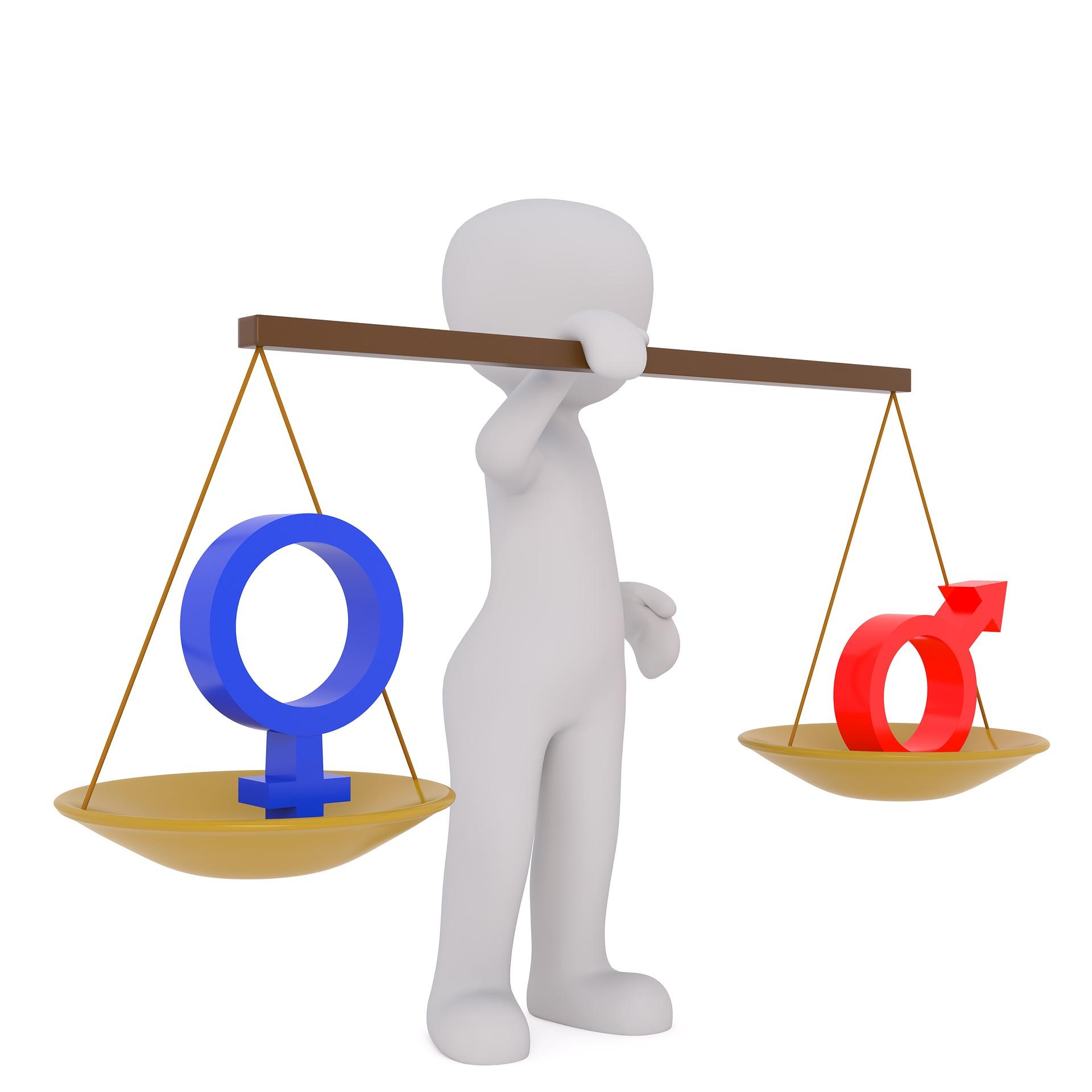What is equal pay?
Equal pay is where men and women are employed to do the same job or of equivalent value and skill, then they must receive equal treatment in regards to their terms and conditions of employment.
Note this is different from the Gender Pay Gap which refers to the differences in average of pay between men and women over a period of time, regardless of what their role is.
The equal treatment for men and women can cover broader aspects of pay and benefits, such as:
• Basic Pay
• Overtime Rates
• Performance Related Benefits
• Hours of Work
• Access to Pension Schemes
• Non-monetary terms
• Annual Leave entitlements
Why is equal pay important?
It is important to monitor and ensure you, as an employer, are acting fairly to mitigate risks of sex discrimination and that you are compliant with the Equality Act 2010 and Equal Pay Act 1970. Above all it is best practice and good management to provide equal opportunities and review pay structure with an unbiased approach.
If you do not ensure that you’re paying all employees equally then you could be at risk of being taken to an employment tribunal. Therefore, the tribunal could order:
- a declaration of the claimant’s rights
- equalisation of their contractual terms for the future
- arrears of pay for up to six years (five years in Scotland)
- an equal pay audit.
How we can help you with equal pay?
We can help…
• you deal with an employee claim against equal pay
• if you need to officially report and publish this data through an audit,
• resolve a grievance
• review pay structure or job roles to meet legislation requirements
• job evaluation scheme
• advise on flexible and part time working
